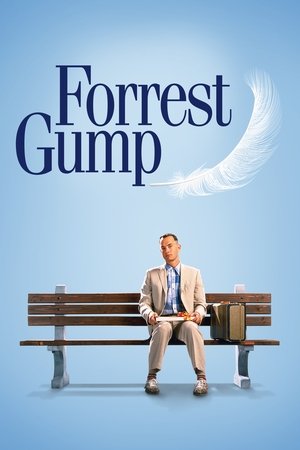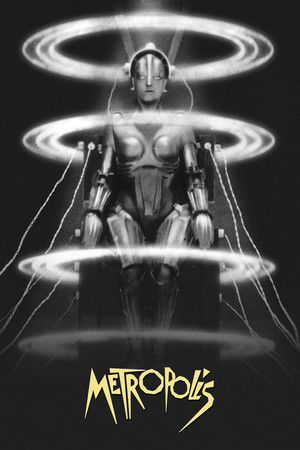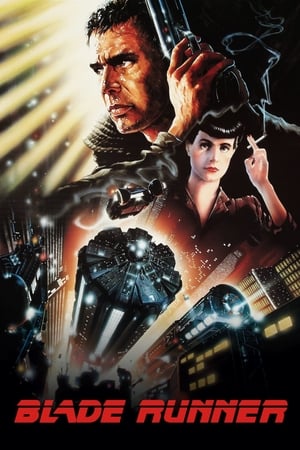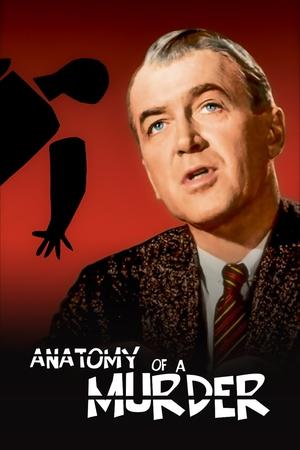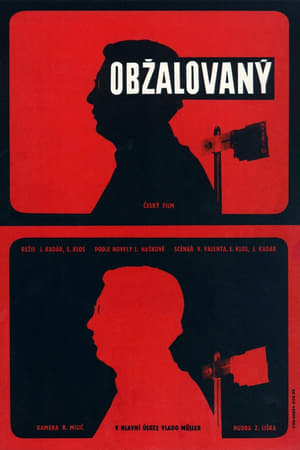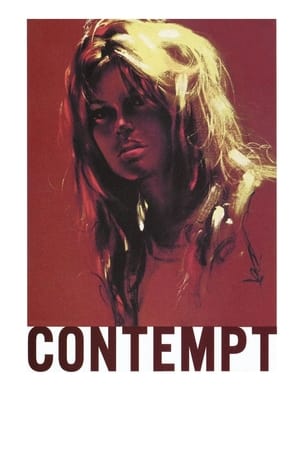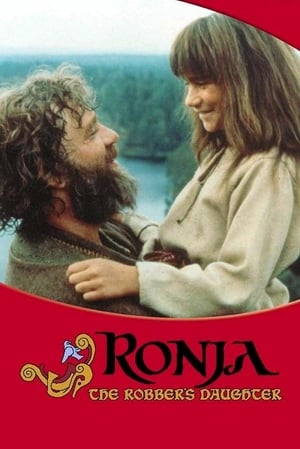Overview
London, England. Dorian Gray is a young man who somehow keeps his beauty eternally, while a mysterious portrait of himself gradually reveals his moral decay.
Reviews
I wonder what the author would make of this? It's crass and vulgar, which might have tickled him, but is also entirely unsophisticated - and I doubt that would have amused him quite so much. It's got a very early seventies look right from the outset with Helmut Berger in the title role - blonde, good looking, living a debauched lifestyle. When he is painted by "Basil" (Richard Todd) - a painting with nothing at all faulty about it; he is so struck by it that he offers to trade his soul for these looks to last eternally. What ensues is a tale of man gorgeous on the outside, but increasingly hideous underneath - and he can plainly see that as his lifestyle and character become less savoury and, frankly, depraved, so his image on the now hidden canvas becomes more ugly and distorted. His friends are powerless to stop this decline, even the ones that want to - and that doesn't include the decadent homosexual "Lord Wotton" (Herbert Lom) nor some of his less attractive lady friends - Isa Miranda ("Mrs. Ruxton") and Margaret Lee ("Gwendolyn") who successfully add oil to his fire. Berger is well cast from an aesthetic perspective, but his acting is as wooden as the frame on his portrait; Todd is just dull - a skill he frequently mastered during his long career, but Lom rescues it occasionally as the superbly sleazy queer peer and the whole Chelsea chic look to it adds well to the overall trashiness of the thing. On the whole, it's pretty cringemaking, but these stories have to reinvent themselves from time to time, and this contemporary (for 1970) version, though poor, keeps the spirit of Wilde's story alive just about.

 97 min
97 min
 5
5
 1970
1970
 Germany
Germany
 CinemaSerf wrote:
CinemaSerf wrote:
